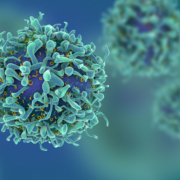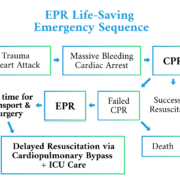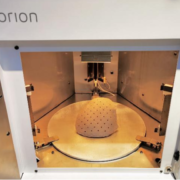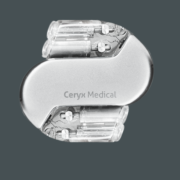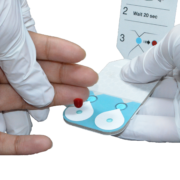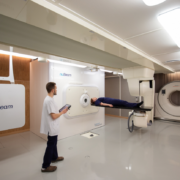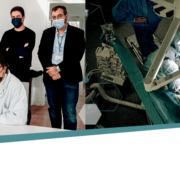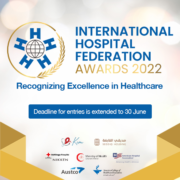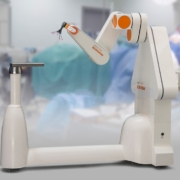$25 million awarded to inter-national research team to understand genesis of cancer
A team of researchers co-led by University of California San Francisco’s Allan Balmain, PhD, FRS, has been selected to receive a $25 million Cancer Grand Challenges award to investigate the very early stages of cancer development. Cancer Grand Challenges is a global funding platform, co-founded by Cancer Research UK (CRUK) and the National Cancer Institute […]

